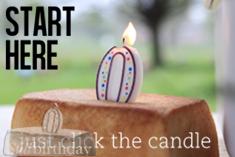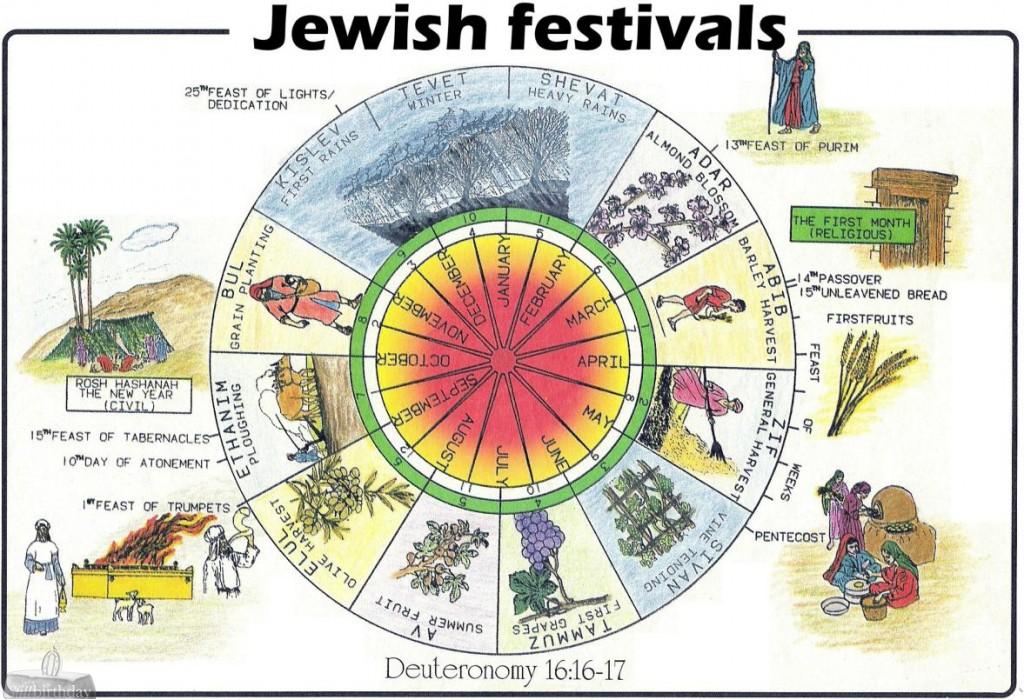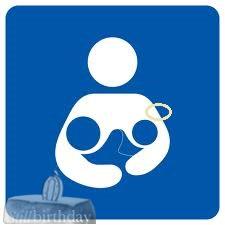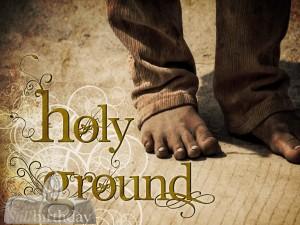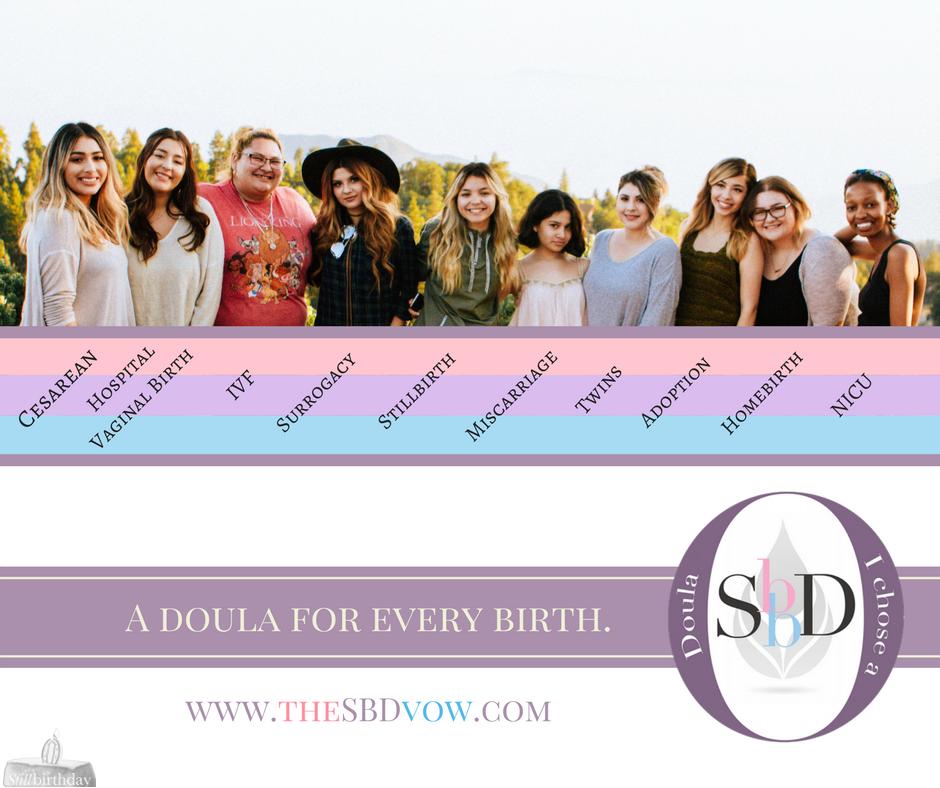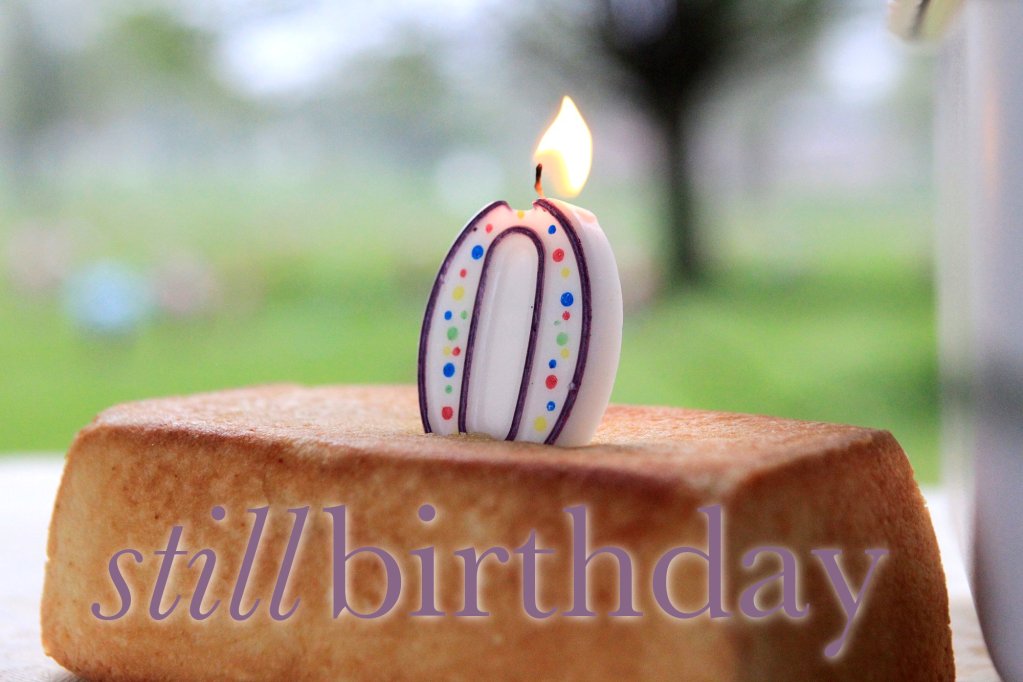This article serves to provide support resources for mothers and families who are currently pregnant after having endured a previous pregnancy or infant loss. Please also visit our Rainbow Birth Plan for information on planning the birth of your “subsequent/rainbow” baby.
It is extremely important to be aware that a subsequent pregnancy can likely bring with it heightened fears and anxieties. Having a Sacred Circle or blessingway can be a treasured way to celebrate this pregnancy.
If you are not yet pregnant with your subsequent pregnancy after loss, you might fill this time with love and rich healing. We have resources in our fertility challenges section on such subjects as conscious conception and pre-conception planning and bonding.
As you read this article, you can also listen in on a radio show with Heidi Faith (the founder of stillbirthday and author of The Invisible Pregnancy), Franchesca Cox (the founder of Still Standing magazine and author of Celebrating Pregnancy Again) with radio show host Gena Kirby (founder of Progressive Parenting):
Please join us at our sister website, run by our doulas, at www.stillbirthday.info.
Many mothers consider subsequent pregnancy after loss to be a “rainbow” pregnancy, or they wait until this live baby is born and then refer to him or her as a “rainbow” baby. We talk about ways of incorporating special keepsakes and meanings into your Rainbow Birth Plan here at stillbirthday (see the end of this article for the link). Having a Boudoir Maternity photo session that includes rainbows, a memorial tattoo or other keepsake can be a way of facing challenges of discovering our inherent beauty and joy in a subsequent pregnancy.
Some things to consider in subsequent pregnancy:
- While there seems to be variability in professional opinion on the best time to try to conceive again following a pregnancy loss, many professionals recommend allowing one subsequent menstrual cycle to pass, to help ensure the uterus is clear of any fragments, possibly from the placenta.
- Researching the best prenatal vitamins for you is an empowering and healing choice. Our facts/stats is a delicate page, but which may have helpful information for you.
- Parents need to be empowered to make pregnancy decisions on their own timeline. They already feel like they have lost so much power over what has happened to them.
- Mothers who conceive quickly may have a tendancy to believe (and/or have loved ones who believe) that the new baby will help to repair a lot of the expectations lost with the previous baby’s death. Moms who are due around the time of their previous baby’s anniversary (stillbirthday) are at particular risk of experiencing such feelings (1995 Child Bereavement Trust, UK).
- Other studies suggest that getting pregnant right away may allow the strongest of grief feelings to dissipate sooner.
- Guarded emotions, heightened anxiety, a tendency to mark off time by waiting for particular pregnancy milestones to come and go, and a need to seek out or avoid particular behaviors are common ways of coping with pregnancy after a loss (Syracuse University, 1999). This is true whether or not the mother has sought out, learned, and has attempted to or is working through medical reasons for her losses.
- Pregnant, bereaved mom can feel more suspicious to trust her instincts, overly compensating with anxiety and fear. Calming techniques can be valuable in pregnancy, including breathing techniques, light music, pregnancy-appropriate massage, and quiet reflection. As counter-intuitive as it might sound, integrating the baby not alive into your family story in some ways – perhaps one family photo with a teddy bear or other symbol of your baby, can be a healing, validating experience.
- Support groups can be very helpful in providing support to women going through pregnancy after a loss. They can help them to recognize that the others are going through the same experience, remember the babies who have died, learn new coping skills, and begin to relate to their living babies. Please see our article on various websites, including online groups.
- Bereaved parents who subsequently give birth to living children need to consider the place of the stillborn or miscarried child in the family and the relationship of the children who were born before the stillborn/miscarried child to those who arrive afterward.
- Loved ones may respond differently to the subsequent pregnancy than the mother. While the mother may be anxious and fearful, loved ones may pressure her to move on, forget her deceased child, and only celebrate her current pregnancy. Alternately, the mother may be feeling joyful at a subsequent pregnancy, only for loved ones to feel weary and blame the mother for getting pregnant again.
- Fear can present itself in many ways in subsequent pregnancy: fear of losing another child, fear of announcing the pregnancy, fear of betrayal toward the deceased child, fear of celebrating pregnancy, fear of the experiences of childbirth. Fear of the experiences of childbirth can include: remembering the last time her body gave birth, fear of contractions, fetal heart monitoring, crowning, and the moments immediately after birth.
- The challenges of balancing bereavement with joy often don’t end with the birth of a live subsequent pregnancy, but just as in NICU grief, mothers of subsequent living children can face many experiences and seasons that remind them all over again of what all was lost at the death of their child: the same is true for fathers. Our Rainbow Birth Plan also includes information about our Rainbow Milk campaign.
Aspects of the above information are borrowed from the work of Ann Douglas, Author, Speaker of Canadian Foundation for the Study of Infant Deaths Converance from the Still Unanswered, Always Remembered slideshow (22)
Other helpful ideas:
- Read other stories from stillbirthday, including subsequent pregnancies AND subsequent “rainbow” BIRTH stories!
- You might also decide to include your baby who died in your subsequent pregnancy announcement. Here is one idea of how to do this. You might include the names of all of your family, a special keepsake, or a rainbow somehow.
- Read our article “Your Subsequent Pregnancy” which has an invitation for you to share your experiences here at stillbirthday
- Some mothers feel reservation about sharing the news of their subsequent pregnancy for fear that either she or others will be waiting for “bad news” to follow. Consider if it is more important to prevent having to retract the good news, or if it is more important to have support around you to reinforce the joy and encouragement of the pregnancy and to have “just in case” for emotional support if you do experience another loss. This is a personal decision that needs to be discussed with your husband.
- Consider purchasing an iBirth app, Positive Pregnancy app, Sprout app or other similar device to give you updates on your pregnancy and other helpful features like an app-to-keepsake-book.
- Consider using a fetal heart monitor at home.
- Visit Count the Kicks
- Consider using a fetal kick count chart.
- Discuss your fears with your provider (midwife or OB).
- Because of health concerns related to Dopplers and ultrasounds, consider asking your provider about MaterniT 21 testing as a possible alternative.
- If you are considering purchasing or renting an at-home Doppler, there are organizations that can help you, such as Beats for Bristol. Please, consider discussing the use of one with your provider, including any possible risks of harm or health to your baby, by misusing or overusing the product.
- our threatened miscarriage has some tips that may be helpful
- facts/stats on pregnancy loss can be assuring
- there are some natural fertility items such as stones, charms, and books in our keepsake list.
- MotherPrayer is a spiritually diverse and supportive book.
- Many mothers feel more comfortable in their subsequent pregnancies after they’ve reached two milestones: reaching the second trimester, and reaching the same gestational age at which they previously experienced a loss. Finding comfort and joy even during this “waiting” is important.
- For mothers who have previously experienced miscarriage, the above may be true in the first trimester. However, mothers who experienced later loss may find that it is toward the end of the subsequent pregnancy that fears mount.
- The hormones of pregnancy can serve to magnify hidden feelings. Pregnancy can also serve to magnify the feelings of grief. If you feel that you are experiencing heightened loneliness, anger, or dread, consult your provider along with your doula, and consider utilizing our long term support resources or joining our mentorship program.
- Some mothers prefer to plan a more medicalized birth for susequent pregnancies, in an effort to prevent a loss. Please discuss these plans and your reasons for them with your provider.
- Some mothers experience emotional dystocia during the labors of their subsequent children – an otherwise unexplainable delay during the birthing process, which may be contributed to fears or memories of delivering a miscarried or stillborn baby.
- Even the hard feelings can be valuable to you, if you are wrapped in support and love. Go slow, and remind your heart that the hard feelings are a normal reaction to an impossible devastation. You are a beautiful mother.
- Consider using the Farewell Celebrations suggestions at any time after your loss and the Long Term Support resources to work through any residual fears and anxieties.
Get Connected
- Consider partnering with one of our mentors who can provide emotional encouragement through this time.
- Any of our highly trained SBD doulas would be honored to work with you through this pregnancy and birth as well. Our doulas know how to work with medically involved births, can lower the chances of unnecessary interventions, and can help you work through fears that may be prompting you to seek a more medicalized birth. SBD doulas can also help you incorporate very special, personal and meaningful ideas into your Rainbow Birth Plan.
- Hosting a Mothers Workshop can be a great way to address the complex feelings of pregnancy after loss.
Please join us at our sister website, run by our doulas, at www.stillbirthday.info.
Additional Links
Special books to help bring encouragement during this time
- The Invisible Pregnancy – a helpful book prior to getting pregnant again
- What am I Thinking? written by Karen Kleiman
- Celebrating Pregnancy Again written by Franchasca Cox.
- Finally, if it is needed, we have special information on having multiple losses
Rearing Living Children SBD Resources:
Please join us at our sister website, run by our doulas, at www.stillbirthday.info.

